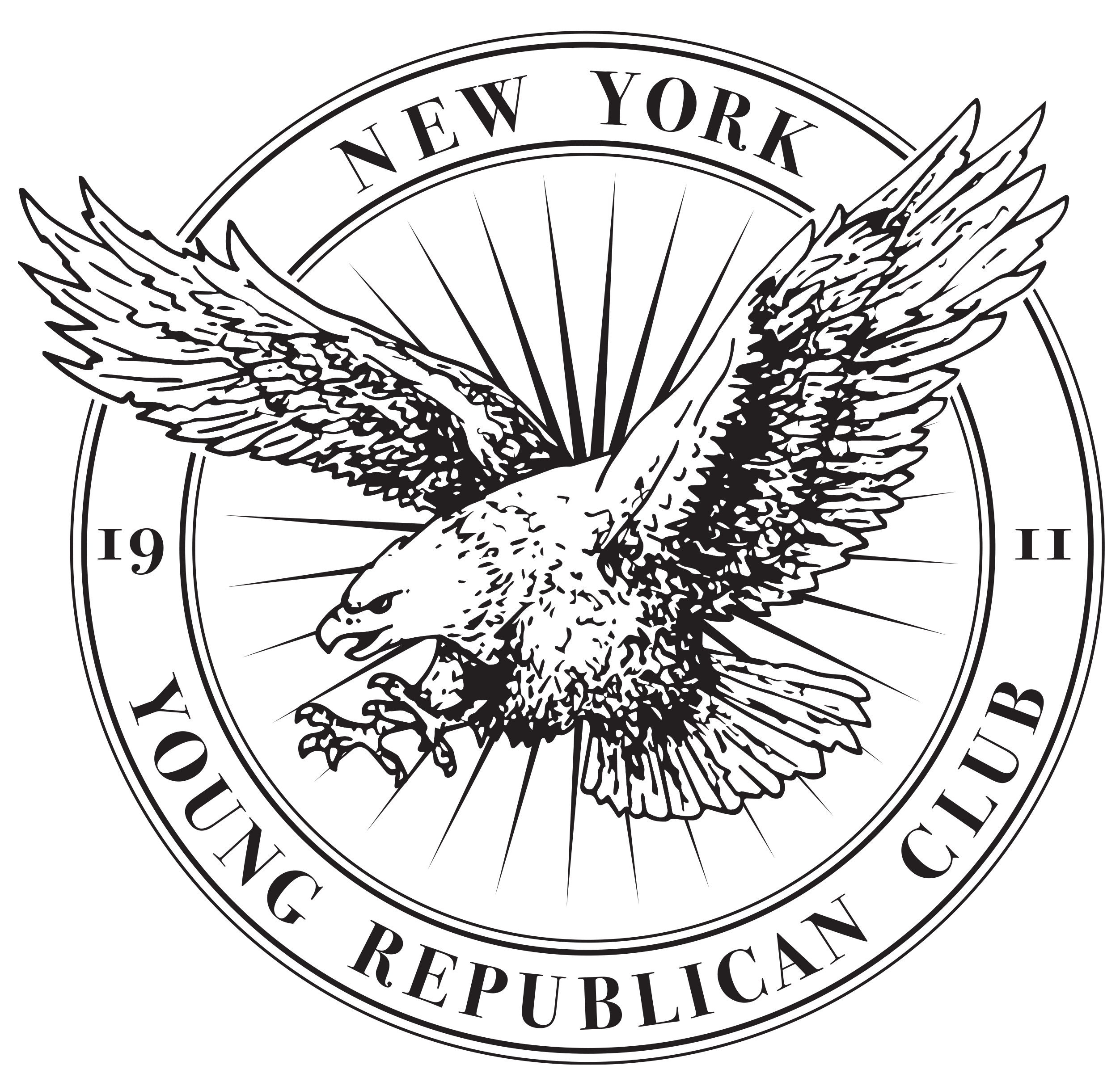The Supreme Court of the United States recently agreed to hear New York State Rifle & Pistol Association, Inc. v. Corlett, a case dealing with a New York law that requires an applicant to demonstrate “proper cause” to obtain a license to carry a concealed handgun for self-defense outside their home. The time has come for the Court to resolve this critical Constitutional impasse and to reaffirm the citizens’ fundamental right to carry a handgun outside of the home for self-defense.
The last blockbuster cases on Second Amendment interpretation were District of Columbia v. Heller in 2008, which held that the Second Amendment protects “the individual right to possess and carry weapons in case of confrontation,” and McDonald v. City of Chicago in 2010, which held that this right “is fully applicable to the States.”
Since the spirited clash between the late Justice Antonin Scalia’s history-based approach in the Heller majority opinion, which reinforced that the right to bear arms guaranteed in the Second Amendment should not be burdened in the home, and the late Justice John Paul Stevens’ narrow interpretation in the dissenting opinion, which construed the right to fulfill a purpose such as in preparation for military conscription, the seminal issue of clarifying the extent of the flexibility of the Second Amendment has been a hotly debated topic and has consistently attracted national attention.
Like most rights, however, the Second Amendment is not unfettered and the following passage from Justice Scalia’s opinion may in fact be considered with this matter:
“It is not a right to keep and carry any weapon whatsoever in any manner whatsoever and for whatever purpose: For example, concealed weapons prohibitions have been upheld under the Amendment or state analogues. The Court’s opinion should not be taken to cast doubt on longstanding prohibitions on the possession of firearms by felons and the mentally ill, or laws forbidding the carrying of firearms in sensitive places such as schools and government buildings, or laws imposing conditions and qualifications on the commercial sale of arms.”
As applied to the present matter, the Second Circuit has already upheld the present New York law, and the Ninth Circuit concurred by expressing skepticism as to the constitutionality of an unrestrained general right to publicly carry concealed weapons. However, these courts have not given full consideration to the roadmap that Justice Scalia provided to identify the limited situations when it could be considered inappropriate to limit access to concealed firearms. Justice Scalia noted, as referenced in the passage quoted above, that precedent permits the restriction of this right for compromised classes such as the mentally ill or felons or in sensitive areas such as schools or government buildings. Notwithstanding these limitations, qualified security personnel should not be restricted in their rights, and those of sound mind ought not to be prohibited from the right to “conceal carry” in other zones, especially during times of civil strife like in New York, where law-abiding citizens, families, and businesses have faced a rise in violent crime.
The New York Young Republican Club takes issue with the text of the New York law as written, specifically the language of “proper cause.” While on its face the term may appear reasonable, in application that is not always the case especially when the interests of Constitutional rights are considered. There are questions as to the understanding of an administrative entity having the power to be the arbiter to assess whether one is worthy to exercise a Constitutional right under such conditioned broad terms. Should the parents in Westchester concerned for their family because their affluent area may be a target be treated differently than the small business owner in Manhattan who maintains a restaurant in an area of unrest? Or a concerned parent in the Bronx who lives in a neighborhood blighted by gang life and abandoned by the governmental authorities tasked with maintaining order? These are all valid considerations. As an attentive citizen, one should take the time to contemplate if the law invites a situation in which one must unreasonably surrender their enumerated Constitutional rights.
It is our hope that the Supreme Court of the United States brings clarity to this issue and fairly weighs all considerations. While there is an argument to be made that greater access to weapons would be beneficial to criminally inclined individuals, one must not neglect the rights of common law-abiding citizenry in their intention to maintain self-defense measures as often as reasonably necessary. And just who is most qualified to make that call?
The Supreme Court of the United States has scheduled oral arguments for this matter in fall 2021; will the individual right to possess and carry weapons in case of confrontation be “swept into the dustbin of repudiated Constitutional principles?” Let us hope not.
